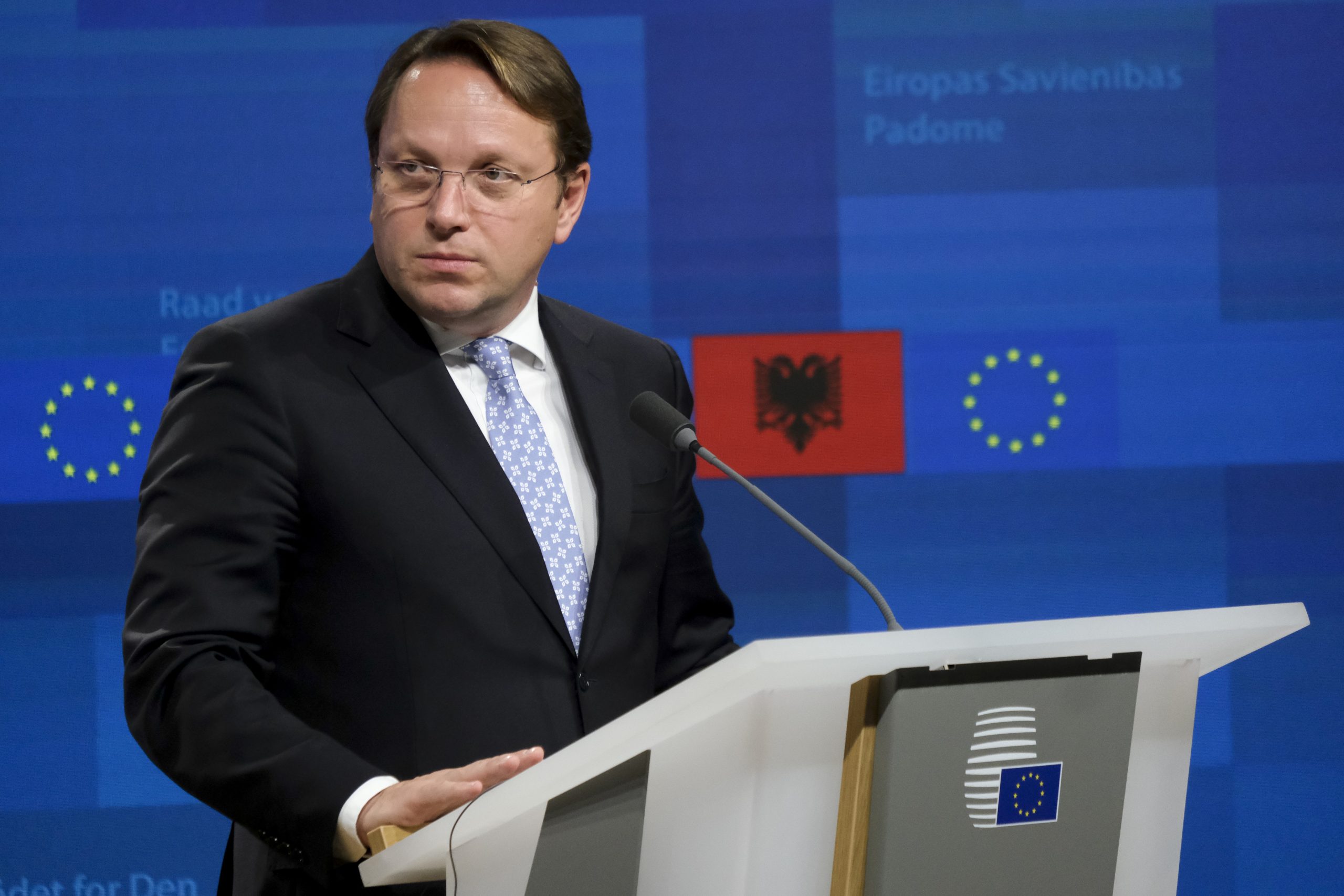Both the German and Hungarian heads of government support EU enlargement, but Olaf Scholz would associate consequences with this that Hungary is not in favor of in the least.
“In the near future, the European Union should include among its members the countries of the Western Balkans, Ukraine, Moldova and Georgia, among others,” German Chancellor Olaf Scholz said in a lecture on the future of the European Union at Charles University in Prague on Monday.
He said that the enlargement of the European Union could help the alliance to gradually move from unanimity to voting by majority. “On issues where consensus is required today, the risk increases with each additional Member State that one country will use its veto power and hinder the progress of the others,” he warned. “I have therefore proposed a gradual move to majority voting in common foreign policy, but also in other areas such as tax policy,” he remarked.
Olaf Scholz’s position on EU enlargement is fully in line with that of the Hungarian government, but they could not be further apart on the issue of majority voting.
The Orbán government has consistently backed Western Balkans enlargement for years. Speaking to conservative weekly Mandiner this March, Prime Minister Viktor Orbán said that the EU membership of Serbia and Macedonia is important for security and trade reasons. “The Russia-Ukraine war makes it clear that there must no longer be a security black hole or vacuum in the Balkans,” he warned.
The Hungarian government supports Ukraine EU membership, too. During a video conference with fellow European leaders prior to the European Council summit in June, the Prime Minister said that he agreed with the EU proposal that Ukraine and Moldova should be granted EU member candidate status. The Prime Minister added at the same time that Hungary shares the same view, together with several other Member States, that Georgia and Bosnia, too should be granted membership candidacy within the same timeframe.
As far as EU decision-making is concerned, Hungary’s position is clear. Foreign Minister Péter Szijjártó said at a Council meeting in 2020 that “from Hungary’s point of view, the proposal that the EU should no longer give unanimous consent to its foreign policy decisions is dangerous and completely contrary to the EU treaties.”
“Hungary considers it harmful and unfair if decisions are not made unanimously, because the negative effects of such decisions would affect all EU Member States, including those whose views have not been taken into account,” he explained. According to the minister, the goal of the proposal was to prevent countries which do not belong to the “liberal mainstream” from protecting their interests.
Featured photo via European Council
!function(f,b,e,v,n,t,s)
{if(f.fbq)return;n=f.fbq=function(){n.callMethod?
n.callMethod.apply(n,arguments):n.queue.push(arguments)};
if(!f._fbq)f._fbq=n;n.push=n;n.loaded=!0;n.version=’2.0′;
n.queue=[];t=b.createElement(e);t.async=!0;
t.src=v;s=b.getElementsByTagName(e)[0];
s.parentNode.insertBefore(t,s)}(window,document,’script’,
‘https://connect.facebook.net/en_US/fbevents.js’);
fbq(‘init’, ‘228770251004422’);
fbq(‘track’, ‘PageView’);
(function(d, s, id) {
var js, fjs = d.getElementsByTagName(s)[0];
if (d.getElementById(id)) return;
js = d.createElement(s); js.id = id;
js.src=”https://connect.facebook.net/en_US/sdk.js#xfbml=1&version=v2.12″;
fjs.parentNode.insertBefore(js, fjs);
}(document, ‘script’, ‘facebook-jssdk’));

Leave a Reply